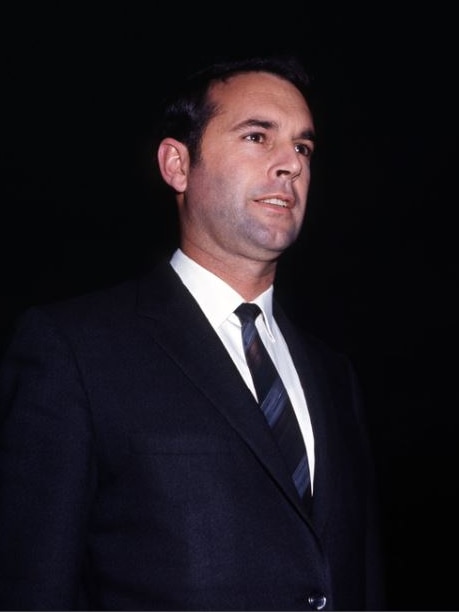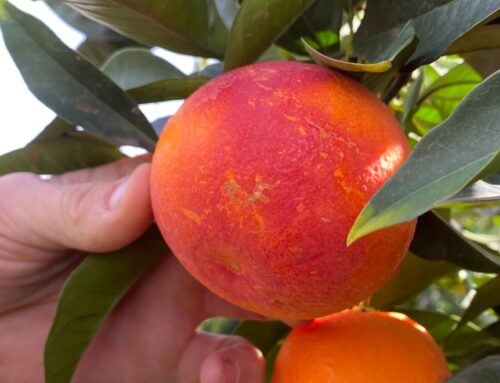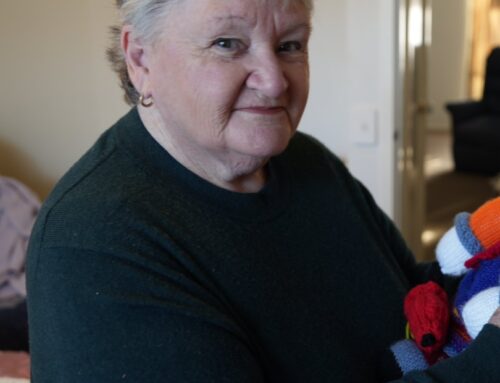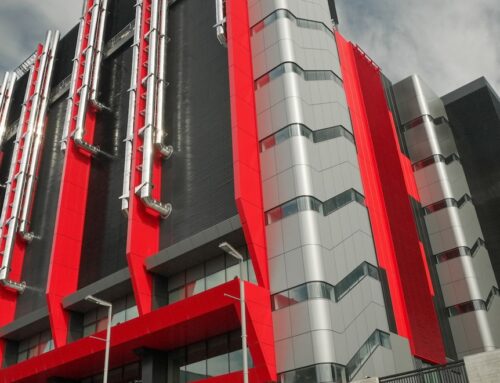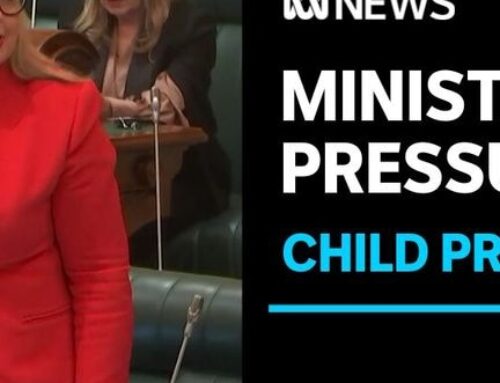Former South Australian premier Steele Hall has died aged 95.
Premier Peter Malinauskas said the government would extend the offer of a state funeral to the Hall family.
Mr Hall’s parliamentary career stretched more than 33 years, including stints in both federal and state parliaments.
He became South Australia’s 36th premier following the 1968 election.
Major electoral reforms were rolled out during his term, which contributed to his defeat at the 1970 election.
Two years later, he splintered from the Liberal and Country League to set up the Liberal Movement and was elected to the Senate in 1974.
He quit that three years later to unsuccessfully contest a Federal lower house seat.
By 1981, he was back in the Liberal ranks, returning as the member for Boothby in Adelaide’s south, which he held until 1996.
Fellow former South Australian premier John Olsen said Mr Hall “carved out a place in history” and was often “prepared to put his government at risk on a matter of principle”.
“His principles were always unimpeachable,” Mr Olsen said.
“He was a politician that had courage of his convictions and followed through on them, even though he put at risk his government and his premiership,” he said.
“That was the hallmark in the way in which he operated — always of principle, applying integrity and certainly courage in politics.”
Mr Olsen — who was premier from 1996 to 2001 — said Mr Hall would often call him during his premiership to offer advice on policies.
He said he could remember Mr Hall choosing to go fishing on election day, which would be “unusual” in today’s political landscape.
“That indicates to you the sort of calmness that he brought … [and] the focus that he had,” he said.
Mr Olsen said his former colleague was “ahead of his time” given his concern about racial divide within Australia.
Steele Hall remembered as “legend” of SA politics
Steven Marshall — who served as premier between 2018 and 2022 — said Mr Hall was “a wise, generous and courageous man who embodied the term principled”.
“Steele removed a bias in South Australia’s electoral system that favoured the party he led — the LCL,” Mr Marshall said.
“Very few people can say they made the political system they led fairer — Steele could but it wasn’t his habit to speak of himself.”
Liberal senator Simon Birmingham has described Mr Hall as a “legend of South Australian politics”.
“I consider myself incredibly fortunate to have spent valuable time with Steele in my most formative political years, from work experience in his electorate office as a teenager to many discussions with Joan and Steele in their family home,” he said.
“To see Steele speak to an audience was a display of persuasive force, deep insight and the wisdom that came from so many years of political discourse.”
Mr Malinauskas said Mr Hall was “rightly seen as a significant figure in the history of South Australian politics”.
“He leaves behind a reputation for integrity and political courage, a man who truly put his state ahead of party political interests,” Mr Malinauskas said.
“On behalf of the State Government, I wish to pass on my condolences to Steele’s wife Joan, his six children, six grandchildren and all his family and friends.”
According to late political analyst Dean Jaensch, Mr Hall’s greatest political achievement was to unravel an electoral system that virtually gifted government to his party, irrespective of what the voters wanted.
For close to 27 years the Liberal Country League, under Premier Tom Playford controlled parliament, despite Labor routinely winning more than 50 per cent of the vote.
Mr Jaensch said South Australians dubbed it the “Play-mander”.
“The Play-mander was probably the best gerrymander the world has ever seen,” Professor Jaensch told the ABC before he died in 2022.
“It was a particularly intelligent one, so to speak, for the way it focused on the country.”
Posted , updated

